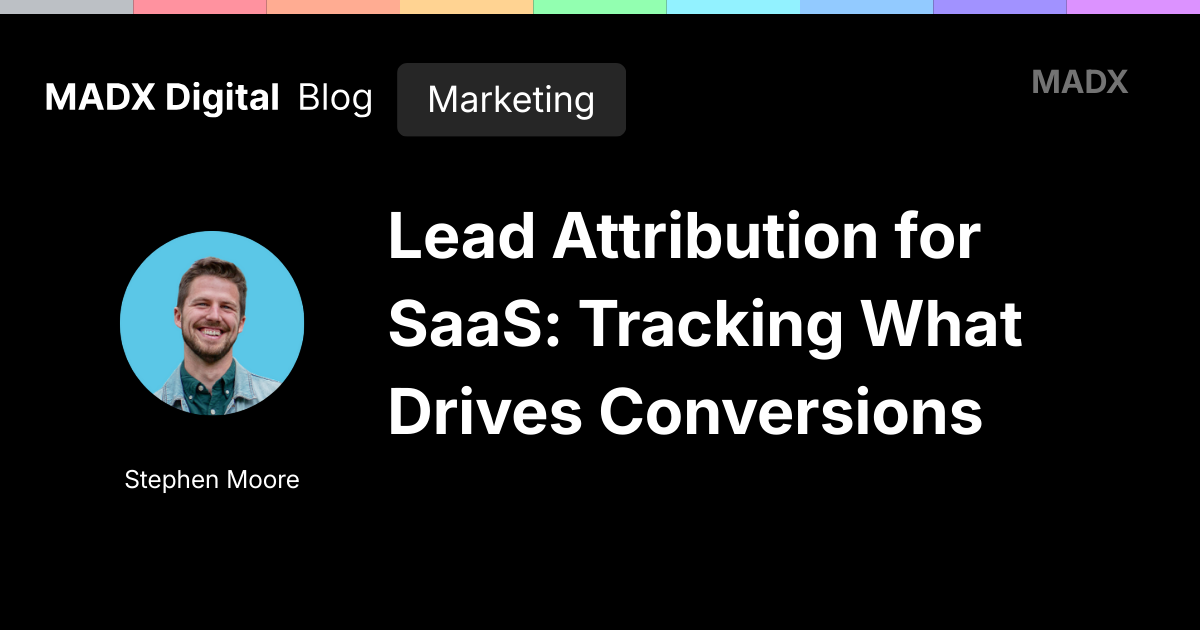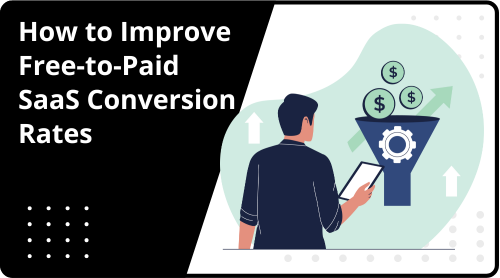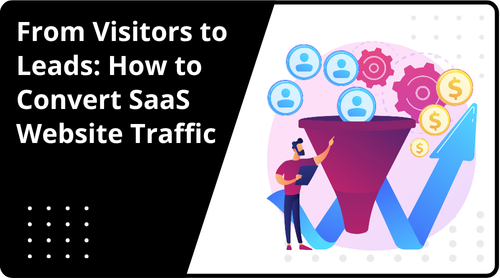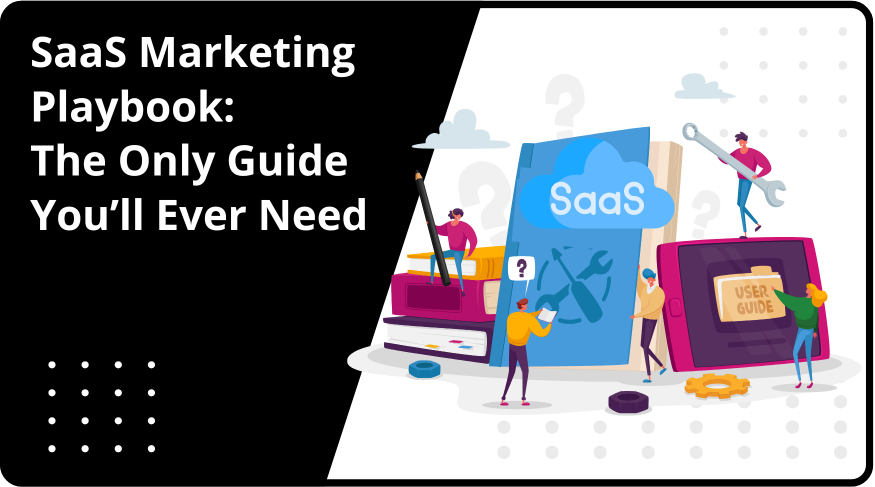Navigate user intent, not keywords
I just wanted to learn the ropes of the online writing business.
As most writers, I was unsure if I need to learn a thing or two about content optimization and the works of Google.
Do writers need to become SEO specialists to earn a living?
Not really, everybody kept saying.
“You can write a blog post on your website that nobody will ever read. Or you can join one of the social writing sites and build your audience.”
While the statement has some truth to it, it’s half-baked at best.
Look, you're here, on our website reading about content optimization.
I’m the co-founder at MADX, a growth agency helping SaaS businesses connect with their ideal customers. From our efforts so far, SEO produces the largest return on investment for our clients. Market feedback doesn't lie.
Here’s why.
What we’ll cover:
SEO business is an $80 billion industry
More than 90% of online experiences start on search engines.
As a result, businesses will spend $80 billion on SEO this year, which is a 10% more compared to 2018.
Why is it important for writers?
- SEO is one of the largest global industries.
- Informational architecture is one of the leading problems.
- You can build a viable long-term business by understanding how people consume and search for information.
The global music industry lags $30ish billion behind the SEO industry. We’re spending less money on the most popular activity on the planet (music) than feeding search engines.
SEO is people
Feeding search engines means helping people.
Understanding that you’re not competing with an algorithm but building something for an actual person helps map out search engines. They’re not computers. SEO is people using computers. So, we’re not gaming the system. We’re building one.
But without getting too philosophical, let’s jump into that one thing most writers don’t get about SEO business.
User search intent
Every search query comes from intent.
SEO specialist would quote 'user search intent' as the definition of optimized content.
Ahrefs (one of the top SEO tools) has run a study. They’ve bought affiliate keywords from Fiverr in three price categories. Each one has set them back $15, $80, and $150.
The biggest difference between these three gigs?
The cheapest gig provides a bunch of low-difficulty keywords with higher search volume but without analyzing user intent.
In plain English, the list is not suitable for ranking an affiliate product because they’re missing the key element — query goals.
Why is the user even googling a particular term?
If you can’t answer this question, you can’t build an SEO strategy. Your content will probably underperform and fail to rank.
Randomly stuffing your content with high-volume / low-difficulty keywords is no bueno. You’ll miss the mark.
The most expensive Fiverr gig sets the difference because it provides a usable list of keywords. If you’d like to watch the Ahrefs experiment in full, visit their Youtube channel here.
You get what you pay for, I guess. Here’s what the lower tier reports miss.
To illustrate the following examples, we’re focusing on Postaltyics, a website offering direct mail automation software for tech-savvy SMBs.
When you turn to Google, you’re usually driven by one of four goals:
- Informational intent: i.e., “how long does first class mail take?”
- Navigational intent: I.e., “Postaltyics login.”
- Transactional intent: I.e., “Send bulk mail online.”
- Commercial intent: I.e., “Best marketing agencies in Boston.”
You can infuse Local as the fifth intent. It builds upon the above four intents through geography. These are “near me” searches or “query + city.” For example, “Best Direct Mail service in Boston,” would have Commercial/Local intent.
Intent comes before the query.
The user has a problem and turns to Google to find solutions. Once on Google, the user thinks of the best way to word his intent.
If they’re looking for a way to send direct mail through an online service, they’d write something along the lines of “send letters online” or “send a letter online.” Both of these keywords have a clear transactional intent.
Meanwhile, trying to rank your Mailing service for a high-volume keyword like “what is standard mail” would attract visitors, but not quality leads and paying customers.
While both keywords should be front and center when building an SEO strategy, understanding the difference would mean business. The same goes for PPC, which we can discuss in another post.
SEO campaign: 100 clicks ≠ 1 lead
SEO is not about getting random clicks. It’s about helping internet users find solutions faster. Delivering relevant information is crucial for attracting the ideal customer.
If you want to quickly gain ground in the SEO game, develop a customer-centric mindset.
Publish content for users. Focus on delivering what the world needs in a way they want it. Don’t try to sell with informational content, and don’t try to inform the navigational user. They’re looking for different things. SEO magic is helping people find their answers in the way they want to find them.
Essentially, create less friction for internet users, and you’ve hacked search engines.
Credits:
Cover photo by Vlada Karpovich from Pexels.
Written by yours truly, Toni Koraza.
Want to Increase your rankings, organic traffic, and sales?
Get the FREE SEO Mastery course — delivered to your inbox.

SaaS Lead Attribution: Tracking What Drives Conversions

How to Improve Free-to-Paid SaaS Conversion Rates (Sign-up → Paid)

From Leads to Sign-Ups: What to Do Once You Capture a Lead

From Visitors to Leads: How to Convert SaaS Website Traffic

